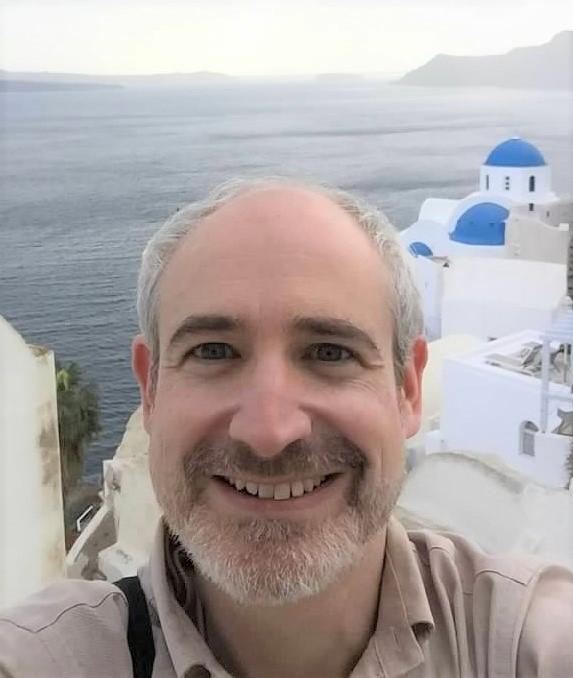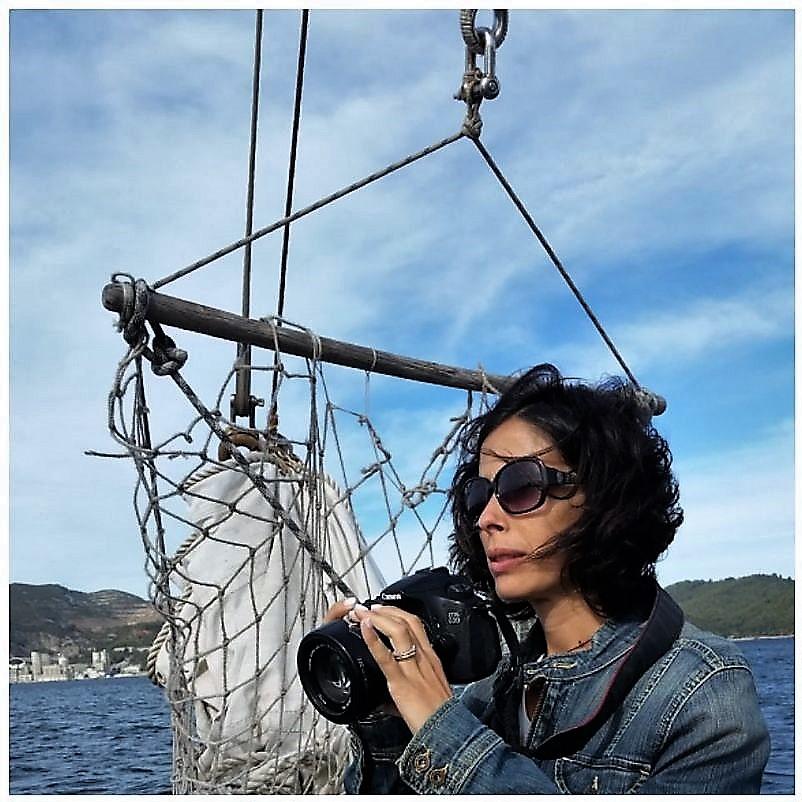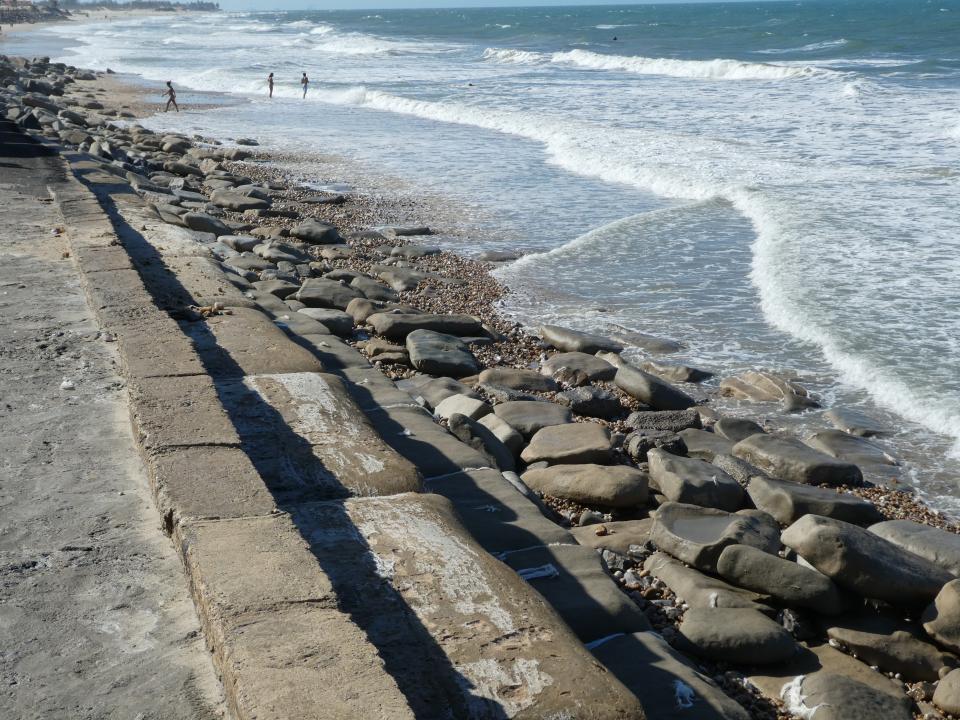Coastal History
About this collection
Coastal History is at home in the shallow waters (bays, coves, estuaries, firths, fjords, inlets), but it also speaks to interstitial watery realms (straits and portages; reticulated systems of lakes, rivers, or inland seas; archipelagoes or island clusters). With its focus on the local, the adjacent, and the domestic, it is grounded in the specificities of physical places, searching at the same time to relate these to the wider world. Coastal History is especially well-suited to investigating the range of subject matter that is sometimes overlooked as “not-quite-oceanic,” yet “not-quite-terrestrial.” Its ambition is to embrace the entire array of human or more-than-human elements imbricated in these hybrid spaces.
In recent years, historians have proposed a host of new conceptual frameworks in this area, from Michael Pearson’s “littoral societies,” Isaac Land’s “coastal history,” Alison Bashford’s “terraqueous history,” and John Gillis’ discussion of the ecotone in The Human Shore. But there is still a fresh open debate about what Coastal History might include. Anthropocene coasts, in particular, present interpretive challenges as heavily engineered environments where human and natural agencies exist in a state of dynamic tension. Whether or not coasts can ever be managed, or sea level rise mitigated, it is impossible to study shorelines today without confronting fundamental questions of value, meaning, responsibility, praxis, and social justice in a time of global crisis.
Information on how to contribute.
Curators

Isaac Land. Professor of History at Indiana State University, he originated the term coastal history in a 2007 review essay and has maintained The Coastal History Blog since 2013.
Isaac Land. Professor of History at Indiana State University, he originated the term coastal history in a 2007 review essay and has maintained The Coastal History Blog since 2013.
The copyright holder reserves, or holds for their own use, all the rights provided by copyright law, such as distribution, performance, and creation of derivative works.

Joana Gaspar de Freitas. Coordinator of Project Sea, Sand, People. An Environmental History of Coastal Dunes, founded by a European Research Council Grant. Researcher of the Center of History, at the School of Arts and Humanities of the University of Lisbon.
Joana Gaspar de Freitas. Coordinator of Project Sea, Sand, People. An Environmental History of Coastal Dunes, founded by a European Research Council Grant. Researcher of the Center of History, at the School of Arts and Humanities of the University of Lisbon.
The copyright holder reserves, or holds for their own use, all the rights provided by copyright law, such as distribution, performance, and creation of derivative works.


